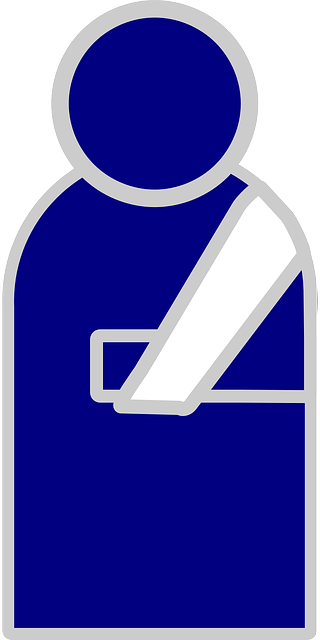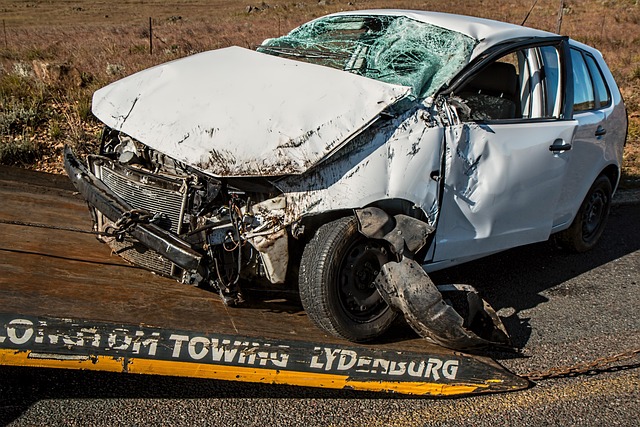Understanding and Utilizing Your Motorcycle Accident Insurance Policy for Efficient Claims Process
Review your policy thoroughly, paying close attention to coverage limits, deductibles, and conditions. Understand included and excluded terms to make informed decisions. Prepare necessary documentation like police reports and medical bills. For complex accidents, consider legal representation to navigate policy intricacies, resolve disputes, and protect your rights, ensuring a smoother claim process and potentially higher compensation for valid motorcycle accident insurance claims.
Motorcycle Accident Insurance Claims: Streamlining Your Route to Compensation
After a motorcycle accident, navigating insurance claims can be daunting. This guide aims to expedite your journey towards financial support and justice. We’ll decipher the complexities of motorcycle accident insurance policies, equipping you with knowledge about coverage, exclusions, and valid claim requirements. From gathering essential documents like medical records, police reports, and witness statements to understanding the steps involved in filing a claim, this article is your compass through the process.
- Understanding Your Motorcycle Accident Insurance Policy
- – Decoding the coverage and exclusions
- – What is considered a valid claim?
Understanding Your Motorcycle Accident Insurance Policy

Understanding your motorcycle accident insurance policy is a crucial step in navigating the claims process efficiently. Carefully review your policy documents to grasp the coverage limits, deductibles, and specific conditions outlined by your insurer. Each policy has unique terms, so familiarize yourself with what’s included and excluded. This knowledge empowers you to make informed decisions when filing a motorcycle accident insurance claim, ensuring you’re not surprised by any exclusions or unexpected costs.
Knowing the intricacies of your policy can help prevent delays. Common pitfalls that could lead to prolonged claims include misrepresenting facts, failing to provide comprehensive medical records, or missing deadlines for reporting accidents. Your insurance provider may also require specific documentation, such as police reports and medical bills, so ensure you have these ready to streamline the process. Consider seeking legal representation if the accident is severe or complex, as an experienced attorney can guide you through potential challenges and protect your rights, even in cases of breach of fiduciary duty typically seen in real estate litigation.
– Decoding the coverage and exclusions

Understanding your motorcycle accident insurance claim begins with deciphering the policy’s fine print. Every insurance plan has its own set of coverages and exclusions, which can significantly impact the outcome of your claim. Motorcycle accident insurance claims typically include coverage for medical expenses, property damage, and liability, but it’s crucial to know what’s not covered. Exclusions might include certain types of accidents, pre-existing conditions, or activities beyond the scope of standard motorcycle usage. Familiarizing yourself with these details is key to navigating the claim process effectively.
Seeking guidance from an accident lawyer can be invaluable when decoding complex insurance policies and managing insurance coverage disputes. They can ensure you’re not missing any essential information required for your motorcycle accident insurance claim, reducing potential delays or rejections. Remember, knowing what’s covered and what isn’t could make a significant difference in the compensation you receive for medical malpractice, property damage, or personal injury.
– What is considered a valid claim?

A valid motorcycle accident insurance claim typically requires proof that the incident resulted from a covered event as per the terms and conditions of the policy. This includes demonstrating that the rider was involved in an accident, sustained injuries or property damage, and that their motorcycle insurance policy is active and valid at the time of the incident. It’s crucial to remember that not all accidents are created equal; policies may exclude certain events like racing, street racing, or riding under the influence of substances.
When filing a claim, it’s essential to gather comprehensive documentation including police reports, medical records, and repair estimates for any damaged property or vehicle. In cases where liability is in question—for instance, if another party was involved—you may need additional evidence such as witness statements and surveillance footage. While these requirements vary by jurisdiction and insurance provider, having accurate and thorough documentation can significantly expedite the motorcycle accident insurance claim process, ensuring a smoother experience for all parties involved, especially when contrasted with scenarios like employment disputes or partnership disagreements where breach of fiduciary duty might come into play.
After understanding your policy and what constitutes a valid claim, the next step is to navigate the claims process efficiently. By familiarizing yourself with the steps involved and preparing necessary documents in advance, you can expedite the journey towards compensation for your motorcycle accident insurance claim. Remember, timely action and clear communication with your insurance provider are key to a smoother process.






